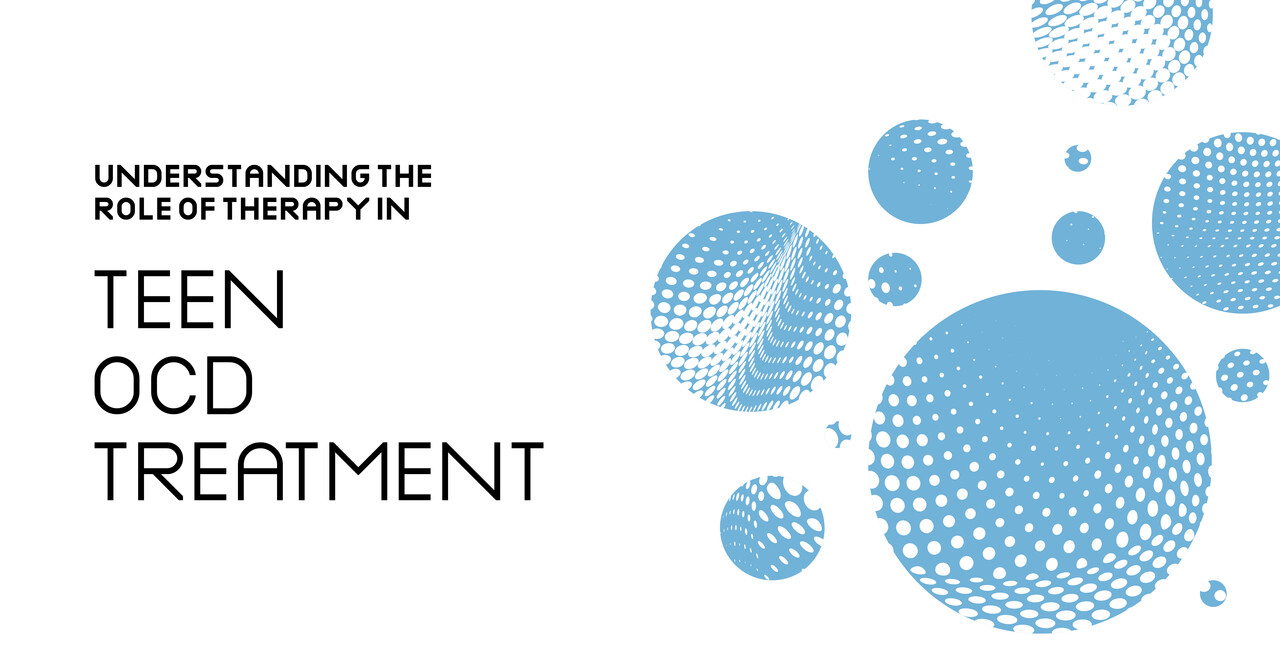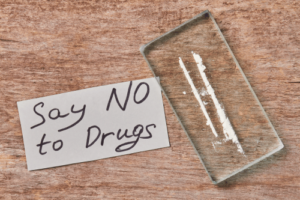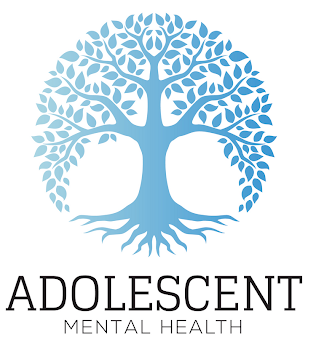Effective Teen OCD Treatment: Strategies for Overcoming Challenges
Obsessive-Compulsive Disorder (OCD) is a challenging mental health condition that affects many adolescents and is often associated with other mental health disorders. For teens, OCD can disrupt daily life, interfere with relationships, and impact overall well-being. Therapy plays a crucial role in managing OCD, offering structured approaches to help teens cope with their symptoms and improve their quality of life. In this comprehensive guide, we will explore the role of therapy in teen OCD treatment, discussing effective techniques, common questions, and the latest research to help you understand how therapy can be a powerful tool in managing this disorder.
Understanding Teen OCD
Obsessive Compulsive Disorder (OCD) is a mental health condition characterized by recurring, intrusive thoughts (obsessions) and repetitive behaviors (compulsions) that an individual feels compelled to perform. These obsessions and compulsions can significantly interfere with a person’s daily life, social relationships, and overall well-being. For teenagers, managing OCD can be particularly challenging as they navigate the complexities of adolescence. Understanding the nature of obsessive compulsive disorder is the first step towards effective treatment and improved mental health.
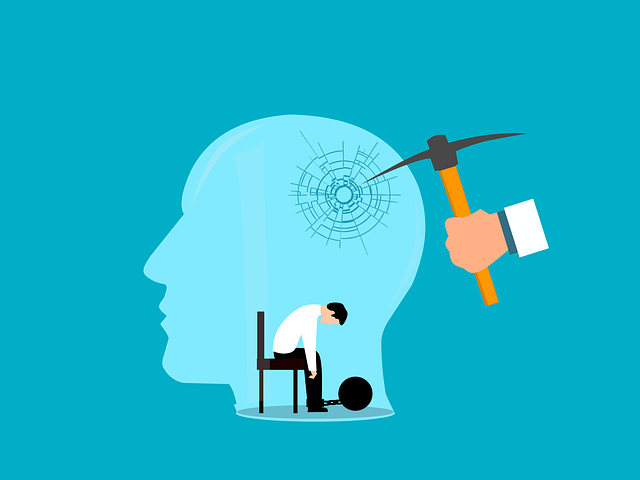
What is Obsessive Compulsive Disorder (OCD)?
OCD is a type of anxiety disorder that affects people of all ages, including teenagers. It is estimated that approximately 1 in 200 adolescents suffer from OCD. This disorder goes beyond mere quirks or preferences for neatness; it is a serious mental health condition that can cause significant distress and impairment. Teens with OCD often experience intense anxiety due to their obsessions and feel driven to perform compulsive behaviors to alleviate this distress. Recognizing OCD as a legitimate mental health condition is crucial for seeking appropriate treatment and support.
Recognizing OCD Symptoms in Teens
Teens with OCD may exhibit a range of symptoms, which can vary in severity and impact. Common signs include:
-
Recurring, intrusive thoughts or images: These obsessions can trigger significant anxiety or distress.
-
Repetitive behaviors or mental acts: Teens may engage in rituals or mental routines aimed at reducing anxiety or preventing perceived harm.
-
Avoidance behaviors: They might avoid situations or activities that trigger their obsessions or compulsions.
-
Impairment in daily functioning: OCD can cause significant distress or impairment in social, academic, or other areas of life.
Identifying these symptoms early can lead to timely intervention and better management of the disorder.
Causes and Risk Factors
While the exact causes of OCD are not fully understood, research suggests that a combination of genetic, environmental, and neurobiological factors contribute to the development of the disorder. Understanding these factors can help in identifying at-risk individuals and tailoring effective treatment strategies.
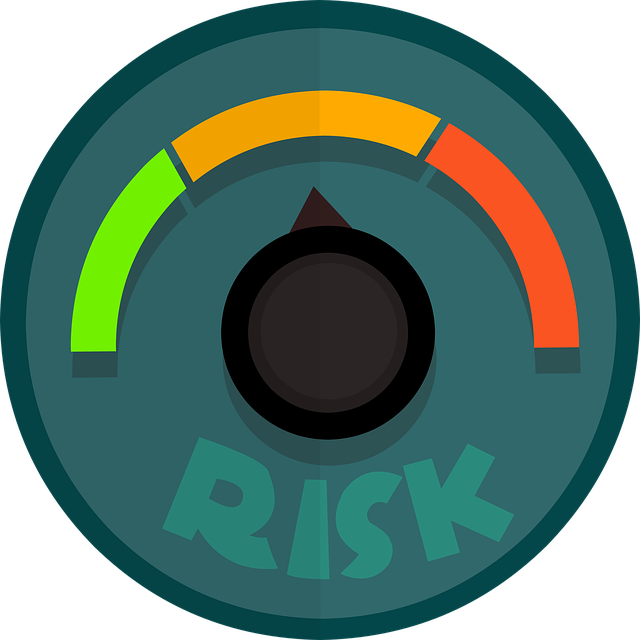
Factors Contributing to Teen OCD
Several factors may increase the risk of developing OCD in teens, including:
-
Family history: Teens with a first-degree relative (parent or sibling) with OCD are more likely to develop the disorder themselves.
-
Brain structure and function: Abnormalities in brain regions responsible for executive function, planning, and error detection may contribute to OCD symptoms.
-
Environmental factors: Traumatic events, significant stress, and anxiety can trigger the onset of OCD in individuals who are already susceptible.
-
Other mental health conditions: Teens with other anxiety disorders, depression, or tic disorders are at a higher risk of developing OCD.
Recognizing these risk factors can aid in early detection and intervention, ultimately improving outcomes for teens struggling with OCD. By addressing these underlying causes, mental health professionals can develop more effective, personalized treatment plans to help teens manage their symptoms and lead fulfilling lives.
Why Therapy is Essential for Teen Obsessive Compulsive Disorder Treatment
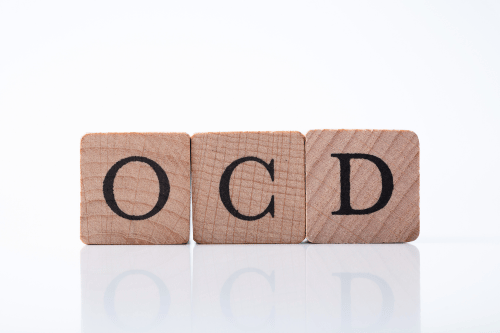
Therapy provides a structured and supportive environment where teens can explore their OCD symptoms and work towards overcoming them. A qualified mental health professional can provide the necessary support and expertise to diagnose and treat OCD effectively. Here’s why therapy is a key component of effective OCD treatment:
-
Evidence-Based Practices: Therapy techniques are backed by scientific research and clinical evidence. This ensures that the methods used are proven to be effective in managing OCD.
-
Personalized Approach: Therapy is tailored to address each individual’s specific needs and challenges, including the management of compulsive behaviors and obsessive fears.
-
Skill Development: Therapists help teens develop coping strategies and skills to manage OCD symptoms, enhancing their daily functioning and quality of life.
-
Support System: Therapy offers a safe space for teens to express their feelings and concerns, which is crucial for emotional support and managing distressing feelings associated with OCD.
Top Therapy Approaches for Treating Teen OCD by a Mental Health Professional
1. Cognitive Behavioral Therapy (CBT)
What is CBT? Cognitive Behavioral Therapy (CBT) is a widely recognized and effective therapy for treating OCD in teens. It focuses on changing unhelpful thoughts and behaviors that contribute to OCD symptoms.
Key Components of CBT for OCD:
-
Exposure and Response Prevention (ERP):
-
Description: A core CBT technique for treating OCD, ERP involves exposing teens to OCD triggers and helping them resist the urge to engage in compulsive behaviors. This exposure response prevention method is crucial for managing OCD symptoms.
-
How It Works: For instance, if teens fear germs, they might be exposed to a “contaminated” object and learn to avoid excessive handwashing.
-
Example: Exposure therapy for obsessive fears might include handling items perceived as contaminated and learning to manage the anxiety without performing rituals. ERP is considered the gold standard for effective treatment of OCD symptoms.
-
Cognitive Restructuring:
-
Description: Helps teens challenge and modify irrational thoughts related to their obsessions, such as maladaptive beliefs.
-
How It Works: Teens work with therapists to identify and replace distorted thinking patterns with more realistic thoughts, improving their response to OCD symptoms.
-
Example: Changing the belief “If I don’t check the door, something terrible will happen” to “I can trust that the door is locked” can alleviate compulsive checking.
Competitor Insights: According to the International OCD Foundation (IOCDF), CBT, particularly ERP, is the gold standard for treating OCD in adolescents.
2. Acceptance and Commitment Therapy (ACT)
What is ACT? Acceptance and Commitment Therapy (ACT) is a form of therapy that helps teens accept their thoughts and feelings rather than fight against them.
Key Components of ACT for OCD:
-
Acceptance:
-
Description: Encourages teens to accept their OCD thoughts without judgment, rather than trying to suppress or control them.
-
How It Works: Teens learn to acknowledge their obsessions and resist the urge to act on them, improving their overall emotional response.
-
Example: Accepting intrusive thoughts as part of OCD but choosing not to engage in compulsive behaviors can help reduce the distress associated with these thoughts.
-
-
Commitment to Values:
-
Description: Helps teens set and pursue meaningful goals despite OCD.
-
How It Works: Teens identify their core values and work towards goals that reflect these values, aiding in the reduction of obsessive fears and enhancing daily functioning.
-
Example: Committing to activities that align with personal values, rather than being controlled by OCD fears, can lead to a more fulfilling life.
-
Competitor Insights: The Association for Contextual Behavioral Science supports ACT’s focus on acceptance and value-based living as effective strategies for managing OCD.
Keywords Added: ACT for teen OCD, acceptance therapy for OCD, commitment therapy techniques, fear tolerance, feelings of fear
3. Family-Based Therapy
What is Family-Based Therapy? Family-based therapy involves working with the entire family to address OCD symptoms and improve the teen’s support system.
Key Components of Family-Based Therapy for OCD:
-
Family Education:
-
Description: Educates family members about OCD and how to support their teen.
-
How It Works: Provides information on the nature of OCD and effective ways to help the teen without enabling compulsions.
-
Example: Teaching parents how to respond to OCD behaviors without reinforcing them, which helps in managing compulsive behaviors and improving family dynamics.
-
-
Family Communication Skills:
-
Description: Improves communication between family members.
-
How It Works: Helps families develop healthier ways to discuss OCD-related issues, reducing distressing feelings and improving support.
-
Example: Encouraging open and non-judgmental discussions about OCD symptoms can enhance family support and involvement.
-
Competitor Insights: The National Institute of Mental Health (NIMH) recognizes the value of family-based approaches in treating adolescent OCD, particularly for involving family in the therapeutic process.
Keywords Added: Family therapy for teen OCD, family-based OCD treatment, improving family support for OCD, family involvement, family therapy sessions
4. Mindfulness-Based Cognitive Therapy (MBCT) with Response Prevention
What is MBCT? Mindfulness-Based Cognitive Therapy (MBCT) combines cognitive therapy with mindfulness practices to help teens manage OCD symptoms.
Key Components of MBCT for OCD:
-
Mindfulness Practices:
-
Description: Teaches teens to be present and aware of their thoughts and feelings, aiding in emotional processing.
-
How It Works: Uses mindfulness exercises to help teens observe their thoughts without reacting to them, which helps in managing obsessive fears and compulsive behaviors.
-
Example: Practicing mindfulness meditation to become aware of intrusive thoughts without judgment can enhance coping skills and improve overall quality of life.
-
-
Cognitive Strategies:
-
Description: Focuses on changing thought patterns that contribute to OCD.
-
How It Works: Teaches techniques to recognize and shift negative thought patterns associated with OCD, improving response to symptoms.
-
Example: Using mindfulness to notice and address compulsive thinking patterns can reduce the impact of OCD on daily life.
-
Competitor Insights: Research published in the Journal of Anxiety Disorders supports MBCT for its effectiveness in managing anxiety and OCD symptoms.
Keywords Added: MBCT for teen OCD, mindfulness and cognitive therapy, mindfulness practices for OCD, experiential therapy
5. Supportive Psychotherapy
What is Supportive Psychotherapy? Supportive Psychotherapy focuses on providing emotional support and validation to help teens cope with OCD.
Key Components of Supportive Psychotherapy for OCD:
-
Emotional Support:
-
Description: Offers a safe space for teens to express their feelings, improving emotional response and overall well-being.
-
How It Works: Provides empathy, understanding, and encouragement to help teens cope with their OCD symptoms, reducing the impact on daily functioning.
-
Example: Offering a non-judgmental space for teens to discuss their fears and frustrations can help in managing distressing feelings and improving daily life.
-
-
Coping Skills Training:
-
Description: Teaches practical skills to manage OCD symptoms.
-
How It Works: Helps teens develop strategies for dealing with stress and anxiety related to OCD, enhancing their quality of life.
-
Example: Teaching relaxation techniques and stress management skills can improve their response to OCD triggers and reduce the impact of compulsive behaviors.
-
Competitor Insights: The Anxiety and Depression Association of America (ADAA) acknowledges supportive psychotherapy as a beneficial adjunct to other evidence-based treatments for OCD.
Keywords Added: Supportive psychotherapy for teen OCD, emotional support for OCD, coping skills for OCD, response to SSRIs
FAQ’s
Q1: What types of therapy are effective for treating teen OCD?A1: Effective therapies for teen OCD include Cognitive Behavioral Therapy (CBT), Acceptance and Commitment Therapy (ACT), Family-Based Therapy, Mindfulness-Based Cognitive Therapy (MBCT), and Supportive Psychotherapy. Each offers unique approaches to managing OCD symptoms and improving daily life.
Q2: How does CBT help teens with OCD?A2: CBT helps teens with OCD by addressing negative thoughts and behaviors through techniques like Exposure and Response Prevention (ERP) and Cognitive Restructuring. These methods are essential for managing obsessive fears and compulsive behaviors.
Q3: What are the options for severe cases of teen OCD?A3: For severe cases, intensive treatment programs that involve multiple therapy sessions each week can expedite recovery. In some instances, inpatient treatment, where the teen lives at a care facility, may be necessary to provide more rigorous and holistic treatment strategies.
Q4: What is the role of ERP in CBT for teen OCD?A4: ERP is a key component of CBT that involves exposing teens to OCD triggers and helping them resist compulsive behaviors. This approach helps in reducing the anxiety associated with obsessive fears.
Q5: How can ACT be used to treat OCD in teens?A5: ACT helps teens accept their OCD thoughts and focus on living a meaningful life aligned with their values. This therapy improves their emotional response and supports overall well-being.
Q6: Why is family involvement significant in treating teen OCD?A6: Family involvement is important for providing support, improving communication, and collaboratively addressing OCD behaviors. Engaging family members enhances the therapeutic process and supports the teen’s progress.
Conclusion
Understanding the role of therapy in teen OCD treatment is essential for finding effective strategies to help adolescents manage their symptoms and improve their quality of life. From Cognitive Behavioral Therapy (CBT) and Acceptance and Commitment Therapy (ACT) to Family-Based Therapy, Mindfulness-Based Cognitive Therapy (MBCT), and Supportive Psychotherapy, several evidence-based approaches can support teens in overcoming OCD. Each therapy offers unique techniques and benefits, and the best approach often depends on the teen’s and their family’s individual needs. By exploring these therapeutic approaches, families can find the right fit for their adolescent and work towards a more manageable and fulfilling daily life.
Understanding the relationship between OCD and anxiety disorders is crucial for providing comprehensive care and improving overall well-being. For those dealing with severe OCD, specialized treatment options such as residential programs can be highly effective.


